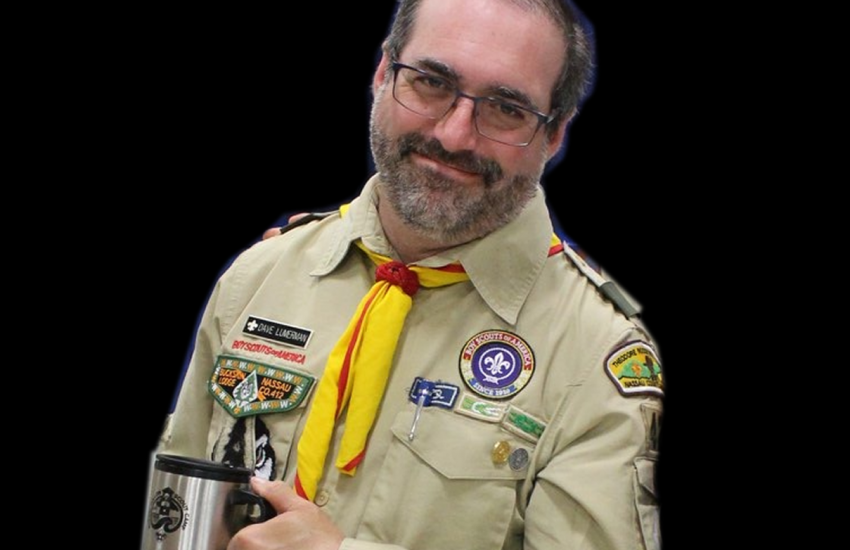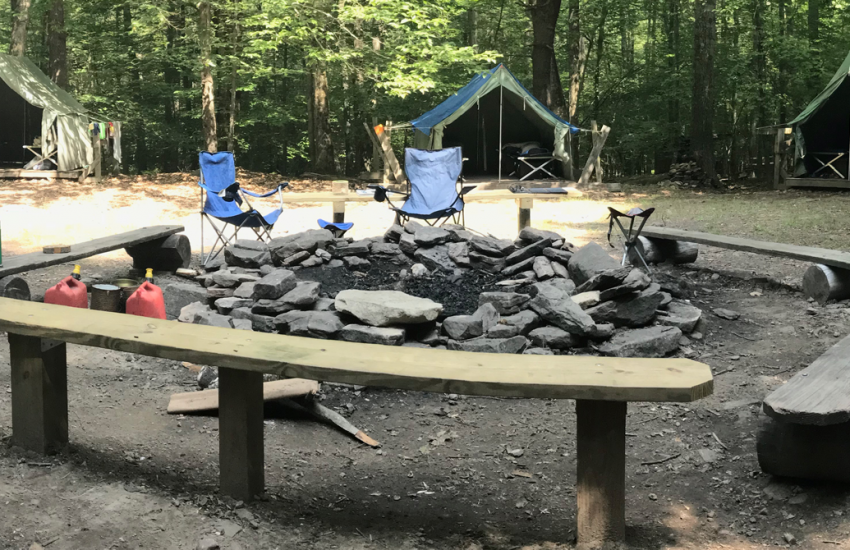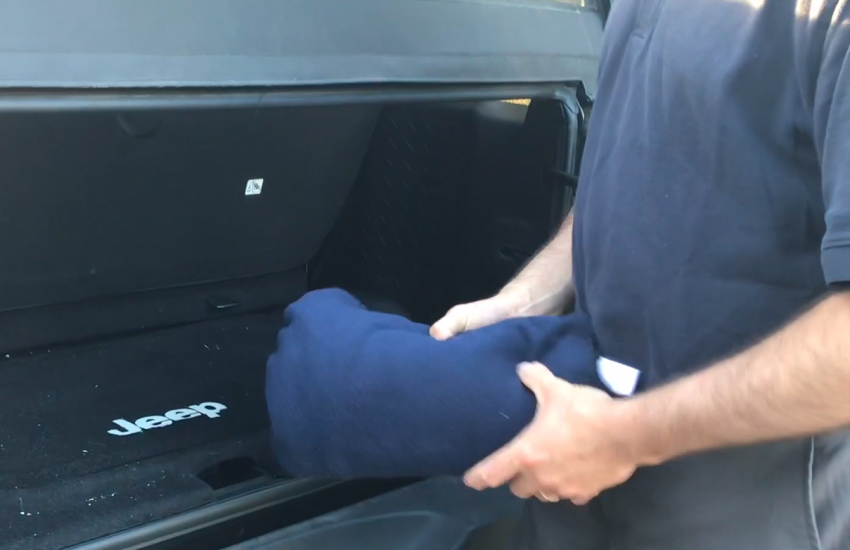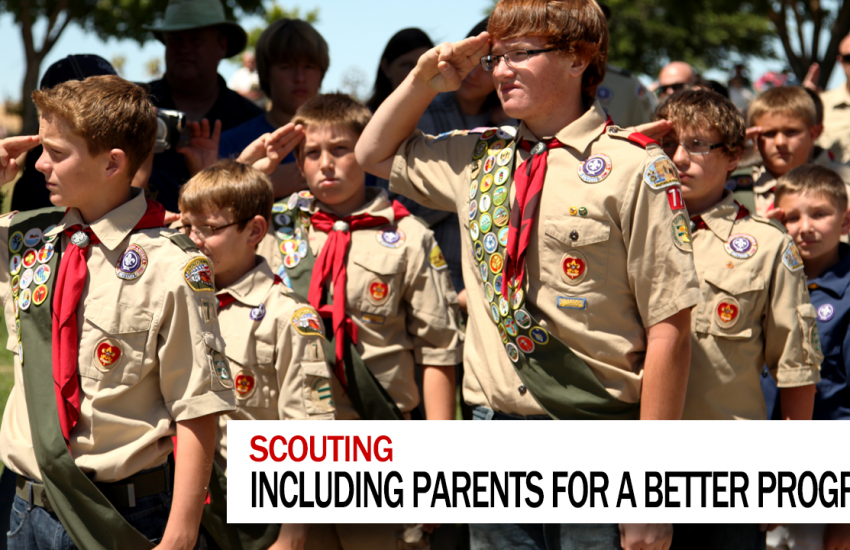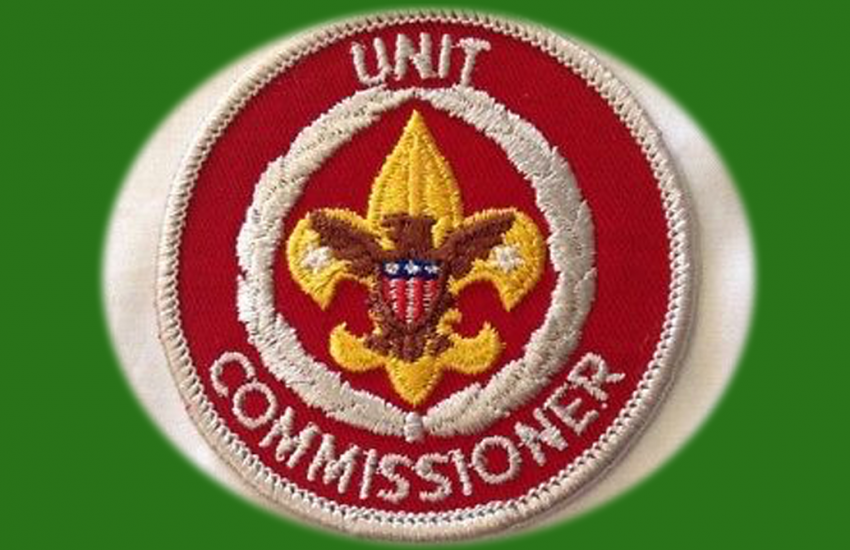The transition process is a necessary step in the growth and continuation of the troop.
Show Notes:
Transcript:
While all parts of your particular program are important, as a leader, one of your jobs as a leader is the continuity of program.
To that end, once you have been running your program for a while you need to seek out people to help you run the program, and in doing this you are assessing their skills and abilities as possible successors to you in running the program.
This doesn’t mean that you are looking to simply dump your responsibilities on them, but the more people the have an understanding of how your troop operates and the individual nuances of your unit, the more likely it is to maintain the continuity of your troop or pack.
A well run unit will begin with the standard BSA program and be crafted to fit your community, location unit experience and opportunities available.
All of these elements can change over time, and a living-breathing program is expected to grow to meet these needs of these factors. How it changes is by building on how you perceive the current program working. When you see an opportunity for improving the program you balance and implement based on how it works.
How this works into transition is all about continuity. Without continuity, you leave the next set of leaders to figure it all out again, and all of the growth in your program becomes spotty or just lost.
I am fortunate enough to have inherited a program that was based on a boy led, BSA program that was well functioning and had a long history. At the time I joined however the unit was small and had the way things were done were accomplished in this small unit way.
As the unit grew, we needed to pivot, and standardize things, many of which I have spoken of in videocast. patrol boxes, webelos invitational, fireman chit program, totin’ chip program, and yearly planning programs, all of these were enhancements to the program.
Now, I’ve spent a lot of time nurturing the program, trying things out, abandoning things that didn’t work, changing and implementing, and it would be a shame for all of this learning and experience be lost. So that’s why transition is important.
The last thing you want to have happen is for you to leave your program, maybe you get transferred, or have other commitments that preclude you from continuing, and are forced to leave a hole where you were that nobody is willing to step in to, or someone who needs to do it to keep the unit moving.
This is why I believe transition is important. I’m lucky enough to have someone willing and enthusiastic to take over my program, and build on the history, and as I let someone else continue the journey I’m gratified by what I have accomplished for the program and for the boys it serves. But this is what works for us.
Take what you like and leave the rest, and as we say in Woodbadge, feedback is a gift, leave yours below in the comments, with the hope we can all learn together.
I’m Scoutmaster Dave, and this was transitioning a new cub or scoutmaster.
